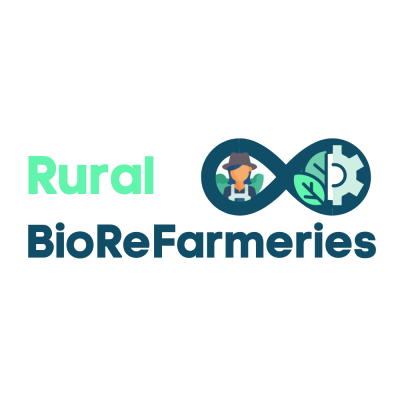
Rural BioReFarmeries
Green BioReFarmeries - Small-scale Circular Green Biorefineries for increasing farmer sustainability and competitiveness and building resilient rural areas

Green BioReFarmeries - Small-scale Circular Green Biorefineries for increasing farmer sustainability and competitiveness and building resilient rural areas
Europe's primary producers - farmers, foresters, and fishermen - are important stakeholders of the circular bioeconomy. They provide biomass to produce food, feed, materials, and energy. In the case of Europe’s grassland’s this represents a significant opportunity through the development of green biorefineries. However, current green biorefinery models yield marginal profits and need improvements to gain the support of grassland farmers and stakeholders.
The Rural BioReFarmeries project aims to showcase the first small-scale decentralised green biorefinery model and facilitate its widespread adoption to enhance local resilience, sustainability, and economic prospects throughout Europe's rural grassland areas. By bringing together farmers, industries, and collaborators across Europe, the project demonstrates a farmer-centric bioeconomy. The project’s goal is to optimise grasslands and alternative green biomass feedstocks with a decentralised approach that empowers farmers through biomass value creation. This will allow for co-production of essential farm inputs (feed, energy and nutrients) and high-value products (human grade protein, flavours, anti-microbials and biomaterials) with industry partners.
Through the enhancement of green biorefinery standards, Rural BioReFarmeries fosters collaboration and sustainability. The project will allow farmers to diversify their income sources and reduce emissions across the agri-food sector. Supported by inclusive business frameworks and practical training, the initiative plans to replicate its blueprint across Europe, providing a scalable solution for grasslands. This not only addresses sustainability and profitability for farmers, but also boosts rural resilience and promotes efficient use of local bioresources.
The Rural BioReFarmeries project aims to demonstrate an improved green biorefinery model, empowering farmers and enhancing economic returns across Europe's regions, by: